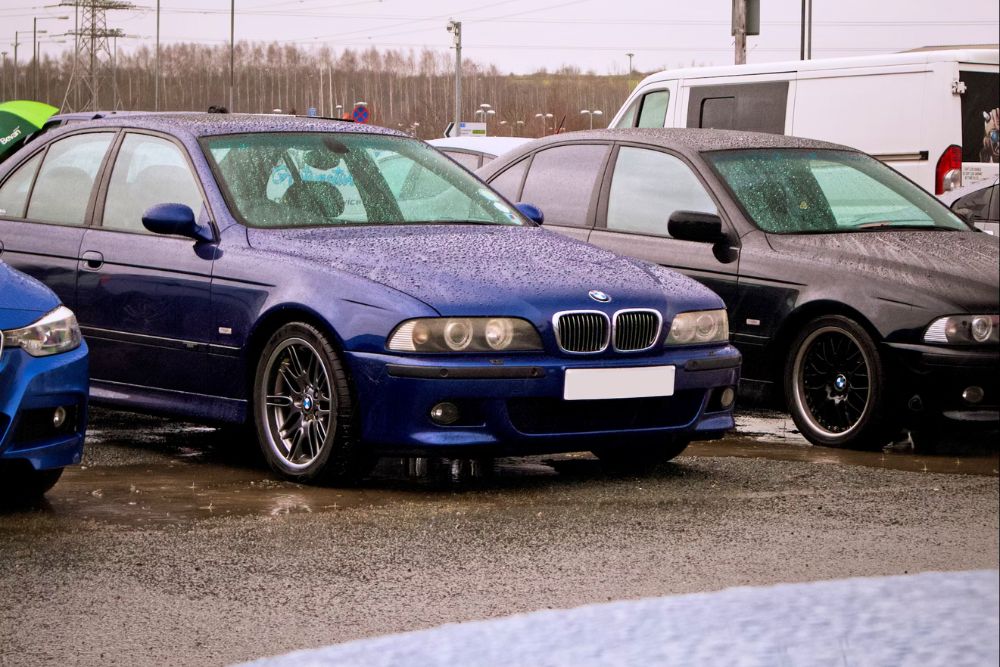Are you considering buying a higher mileage BMW and want to know how reliable they are after 100,000kms?
Some owners report that their well-kept BMWs are very durable, while others warn of expensive repairs that might be needed after this distance.
In general, BMWs tend to be reliable cars, and if they are looked after they can go well past the 100,000 KM mark, often even past the 200,000 KM mark or more without major issues.
There are a number of factors that will impact how reliable a BMW is likely to be, especially in the higher mileage range. In this post, we will cover what you need to know regarding BMW reliability past the 100,000 KM mark.
How Long Do BMWs Last?
Many BMWs often exceed 100,000 kilometres without losing reliability, as long as they’re regularly maintained.
Many people consider cars over 100,000 km on the odometer to be close to the end of their life, but with BMWs, this is not the case.
Typically, a vehicle covers about 20,000 km each year, so reaching 100,000 km is quite normal and doesn’t usually mean a drop in performance.
On top of that, it is not uncommon to find BMWs past the 100,000 KM range and well into the 200,000 KM range, especially in the older generations like E30s, E36s and E46s.
Maintenance Importance and Service History
When evaluating the reliability of a BMW after it reaches 100,000 kilometres, it’s essential to examine the service records carefully.
Regular maintenance and replacement of parts that are known to fail can significantly prolong the life of your car and prevent serious engine issues.
If you are considering buying a higher mileage BMW, make sure to look for service records. A well-documented history can be a significant advantage, showing that the car has been well maintained. This will also help you with resale.
Some BMW models have specific parts that commonly fail, so looking for one that has had these replaced is a good idea.
Cost Considerations
One thing to consider is that as your BMW gets older, serious repairs may be needed more often and can become quite expensive, especially with the engine or electrical systems. This is especially true for M models that have specific engines.
Deciding whether to continue repairing your BMW or to replace it can be difficult. In some cases, the cost of significant repairs could exceed the current market value of the car. This is an important factor to consider, especially when repairs become a regular need rather than a rare occurrence.
Additionally, consider the costs associated with parts and insurance. BMW parts are typically more expensive than other car brands and may not always be readily available, which adds to the overall cost. Insurance premiums can also be higher for hem.
It’s crucial to carefully consider these factors. A well-maintained BMW might still offer value, but you need to be ready for the potential financial impact of its upkeep as it gets older.
Recommendations For Buying a Second-Hand BMW
When you’re considering a second-hand BMW, it’s crucial to examine the car carefully for any signs of wear or significant repairs, especially if it’s done over 100,000 kilometres.
It pays to research the specific model that you are wanting to buy to find out the particular flaws it may have.
In some cases, buying a higher mileage car can actually be a good thing, because the common failure items will have been replaced.
Knowing this will help you buy a car that is less likely to give you problems.
Conclusion
BMWs can indeed be reliable after 100,000 kilometres, but you should look for one that has been properly maintained.
Always check the service history and consider the costs of ownership before buying. Also research the specific model to know what to look for.
If you are considering buying a BMW, we can help with pre-purchase car inspections.
Alternatively, we can also help with servicing BMWs in Auckland.
Get in touch with us today by calling 09 441 3635 or emailing service@dodsonmotorsport.com.

 Looking for Dual Clutch transmission components outside of New Zealand?
Looking for Dual Clutch transmission components outside of New Zealand? 